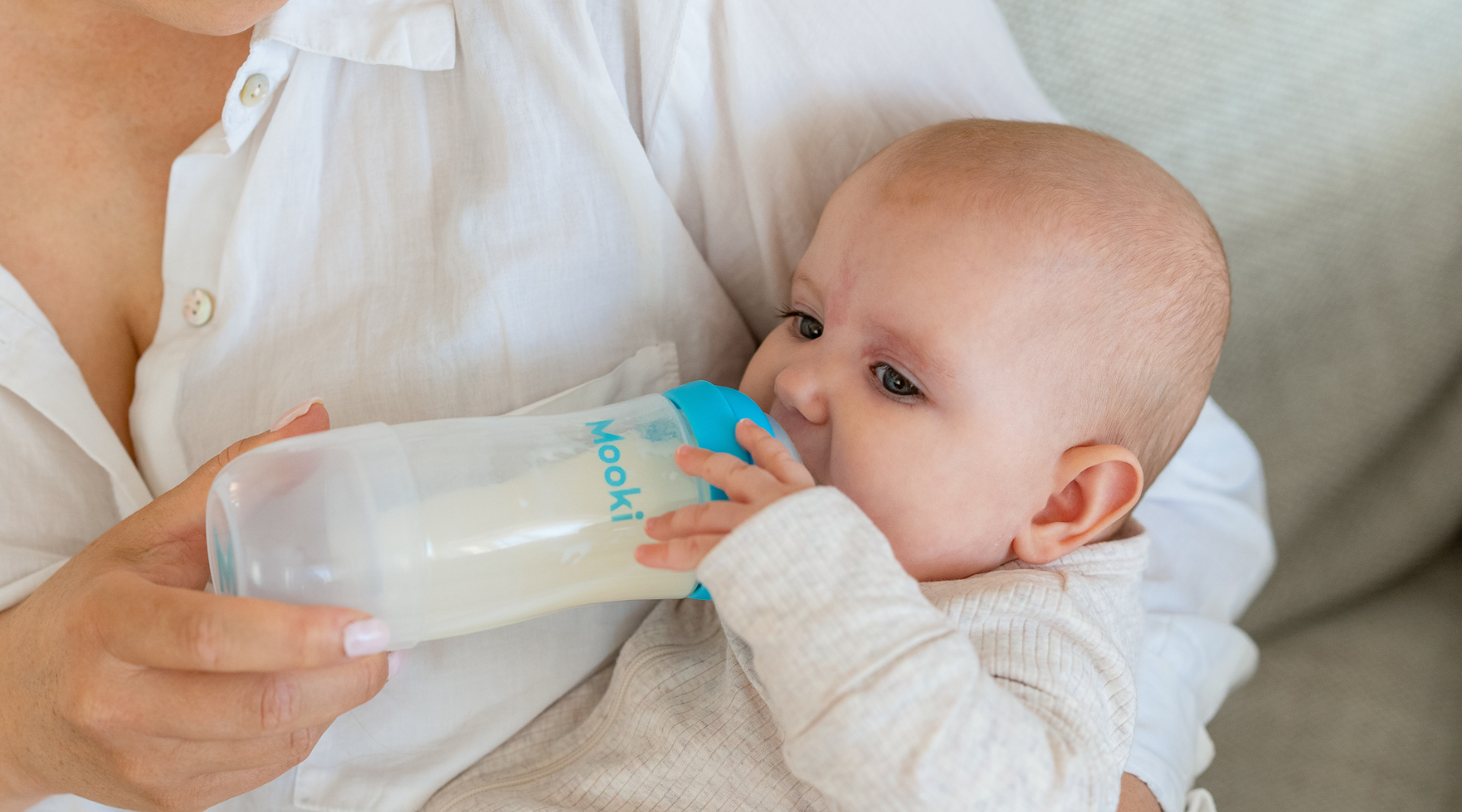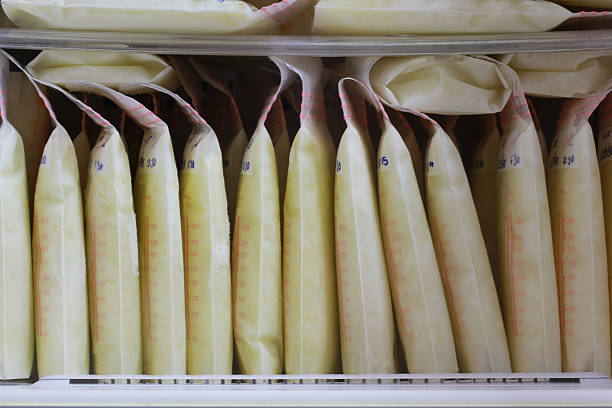As a new mother, you are embracing a journey full of love, joy, and nurturing. The benefits of breastfeeding are well-known, and it's a beautiful way to bond with your baby while providing them with essential nutrients. However, there may be times when you need to be away from your baby or pump extra milk. In such situations, knowing how to store breast milk correctly becomes crucial to preserve its nutritional value and ensure your little one receives the best nourishment. In this blog post, we'll explore the ultimate guide to properly storing breast milk. The One Baby Bottle is a perfect bottle for storing breast milk.
Why is Proper Breast Milk Storage Important?
Breast milk is a powerhouse of nutrients that support your baby's growth and development. It contains antibodies that help protect your baby from illnesses and provides optimal nutrition. However, improper storage can lead to the breakdown of these essential nutrients, reducing the milk's quality and safety for your baby.
Best Practices for Storing Breast Milk:
-
Clean Hands and Containers: Before expressing or handling breast milk, always wash your hands thoroughly with soap and water. Use clean and sterilised containers specifically designed for breast milk storage. BPA-free bottles or breast milk storage bags are excellent choices.
-
Labelling and Dating: Properly label each container with the date and time of expressing. This ensures that you use the oldest milk first, following the "first in, first out" principle. Use waterproof labels or markers to prevent the ink from smudging.
-
Fresh Breast Milk vs. Frozen Breast Milk: Fresh breast milk is ideal for immediate consumption. If you need to store it, here are some guidelines:
-
Room temperature storage: Freshly expressed breast milk can be kept at room temperature (around 25°C or 77°F) for up to four hours. However, try to use it as soon as possible.
-
Refrigeration: Breast milk can be stored in the refrigerator at 4°C (39°F) for up to 3 to 5 days. Store the milk towards the back of the fridge where it stays cooler and avoid placing it in the refrigerator door.
-
Freezing: If you need to store breast milk for an extended period, freezing is a great option. It can be stored in the freezer compartment of a refrigerator for up to 6 months, but using it within the first 3 months is recommended for best quality.
-
-
Thawing and Warming Breast Milk: When thawing frozen breast milk, avoid using the microwave, as it can cause hot spots that may harm your baby and degrade the milk's nutritional content. Instead, thaw it gradually by placing the container in the refrigerator overnight or under cool running water. You can also use a bottle warmer.
-
Avoiding Cross-Contamination: To maintain the purity of the breast milk, avoid adding freshly expressed milk to already refrigerated or frozen milk. It's best to cool freshly pumped milk in the refrigerator first before combining it with the cold milk.
-
Storage Tips for Working Moms: If you are a working mom and need to pump at the workplace, be sure to find a clean and private space to express milk. Investing in a high-quality, insulated cooler bag with ice packs can help keep the milk cold during your commute. Once you're home, transfer the pumped milk to the refrigerator or freezer promptly.
-
Minimise Wastage: To minimise wastage, store breast milk in small quantities that your baby typically consumes during one feeding. This way, you can thaw and use only what is needed, reducing the chances of leftover milk being discarded.
-
Recognise Signs of Spoilage: Before feeding, check the appearance and smell of the breast milk. It is normal for breast milk to separate into layers when stored. Gently swirl the container to mix the layers. If the milk smells sour, appears clumpy, or has an off-colour, it might have spoiled and should be discarded.
Conclusion:
Properly storing breast milk is essential to ensure that your baby receives the full benefits of this precious liquid gold. Following these guidelines will help you maintain the nutritional integrity of the breast milk and provide your baby with the best possible nourishment, even when you can't be there to breastfeed directly.
Always remember, every drop of breast milk is a gift of love to your baby, and your efforts in breastfeeding and pumping are commendable. Mooki is here to support you in every step of your journey. You are doing an amazing job, and your baby is lucky to have you as their mom!
Read more

As a new mother, one of the most precious and essential tasks you'll undertake is breastfeeding your baby. Breastfeeding not only provides vital nutrition for your little one but also strengthens t...

Introduction: Transitioning a baby from breastfeeding to bottle feeding is a significant milestone for both mother and child. While breastfeeding provides unparalleled benefits, there are various ...

